By all but the pathologically romantic, it is now recognized that this is not the age of the small man
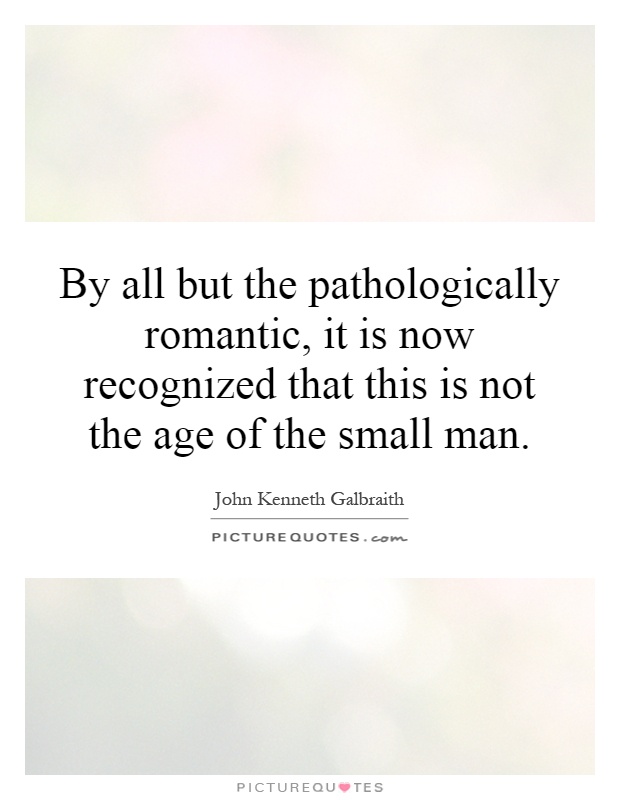
By all but the pathologically romantic, it is now recognized that this is not the age of the small man
John Kenneth Galbraith, a renowned economist and public intellectual, was known for his sharp wit and keen observations about society and the economy. One of his most famous quotes, "By all but the pathologically romantic, it is now recognized that this is not the age of the small man," speaks to the changing nature of power and influence in the modern world.Galbraith believed that in the contemporary era, individuals who possess wealth, power, and influence are the ones who shape the course of history. The "small man," or the average person without significant resources or connections, is increasingly marginalized in a world dominated by large corporations, wealthy elites, and powerful governments.
In the age of globalization and rapid technological advancement, the gap between the haves and the have-nots has widened, leading to a concentration of wealth and power in the hands of a few. Galbraith argued that this trend has profound implications for society, as the interests of the wealthy and powerful often take precedence over those of the average citizen.
Galbraith's observation is particularly relevant in today's world, where multinational corporations wield immense influence over governments and economies, and where the super-rich have unprecedented levels of wealth and power. The rise of social media and digital technology has also enabled individuals and organizations to reach a global audience and shape public opinion in ways that were previously unimaginable.
Despite these challenges, Galbraith believed that there is still hope for the "small man" to assert his influence and make a difference in the world. He advocated for greater government regulation of the economy, progressive taxation policies, and social welfare programs to ensure that the benefits of economic growth are shared more equitably among all members of society.
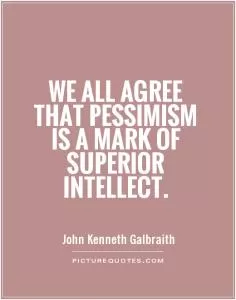

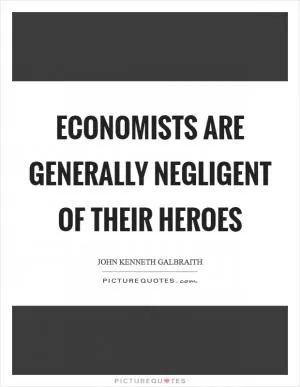






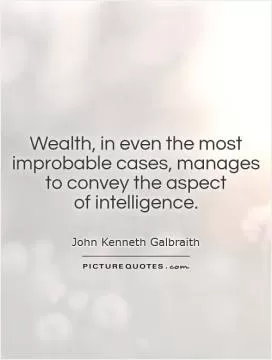
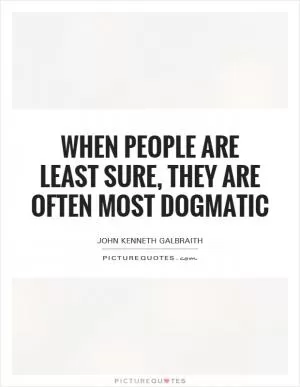

 Friendship Quotes
Friendship Quotes Love Quotes
Love Quotes Life Quotes
Life Quotes Funny Quotes
Funny Quotes Motivational Quotes
Motivational Quotes Inspirational Quotes
Inspirational Quotes